Want to stay hydrated and on top of your game? Here are ten fruits you should eat during Ramadan for hydration.
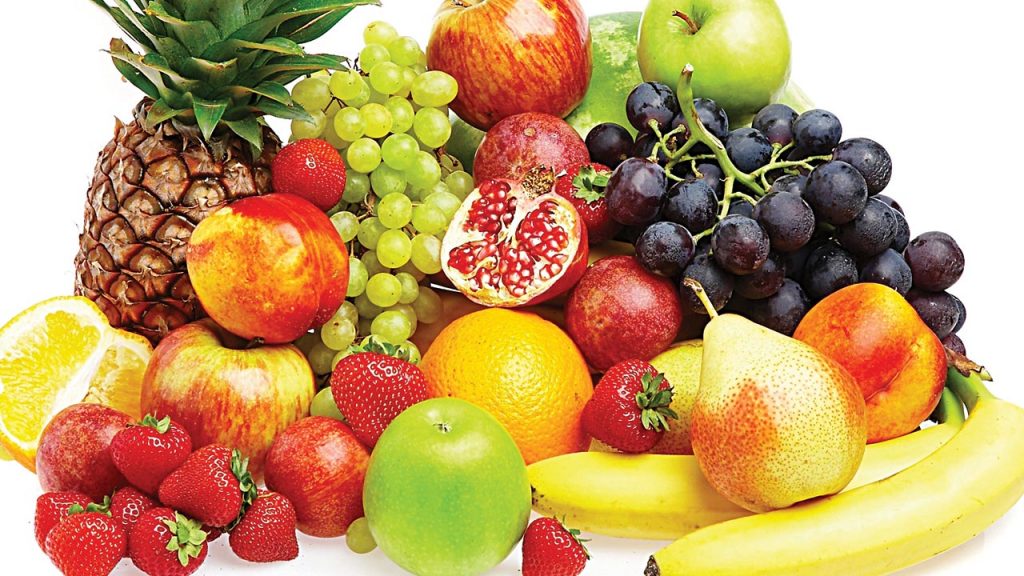
It’s important to pay special attention to your health while fasting. This is because fasting can deplete your nutrients and make you dehydrated.
Hence, there is a need to stay hydrated all through the day. One such way is by taking fruits regularly.
Want to stay hydrated and on top of your game while fasting? Here are ten fruits you should eat during Ramadan for hydration
- Watermelon
- Orange
- Plum
- Cucumber
- Apple
- Pear
- Grape
- Lemon
- Kiwi
- Tangerine
1. Watermelon
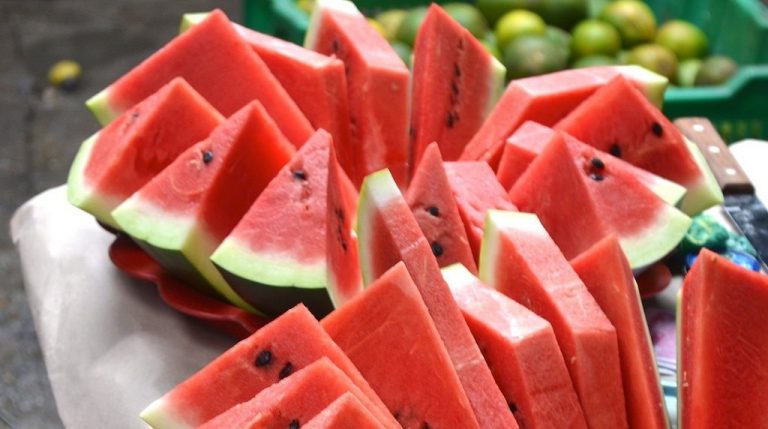
Watermelon is a popular fruit largely native to Africa. It is loaded with many essential nutrients, including vitamin A, vitamin C, potassium, vitamin B6, lycopene, and antioxidants.
One of the major benefits of watermelon is its high water content. It contains 92% water, making it a delicious way to stay hydrated during the Ramadan fast.
ALSO READ: These 7 Foods Would Keep You Nourished While Fasting During Ramadan
2. Orange
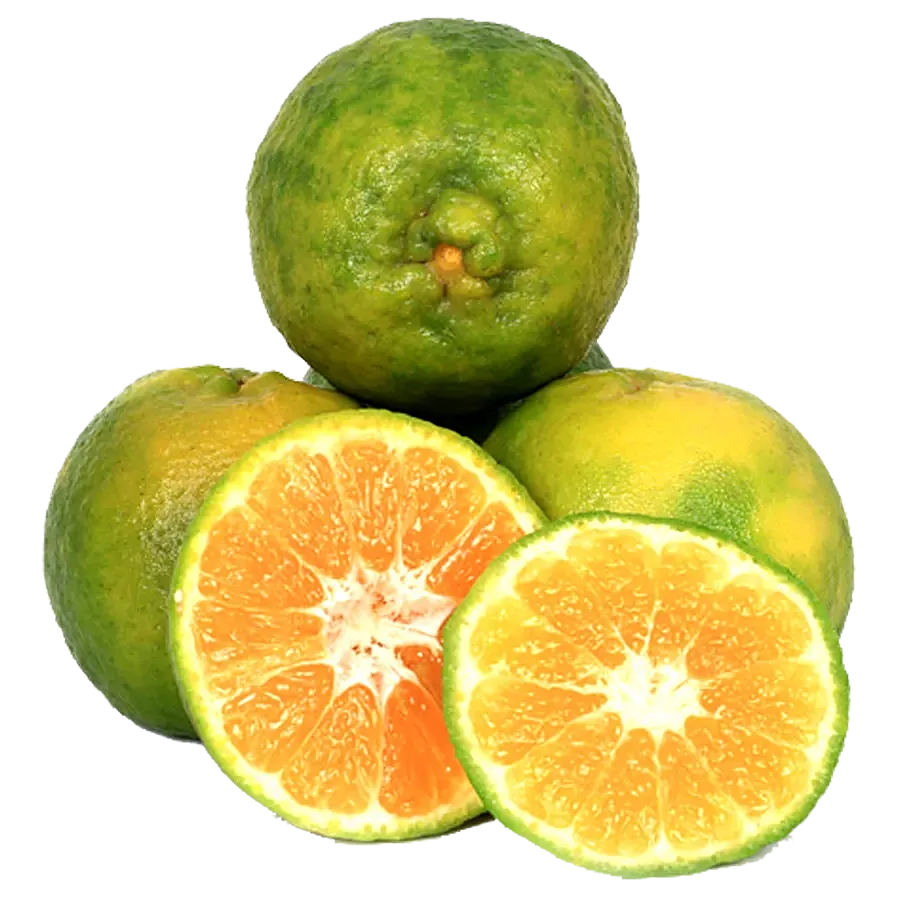
Oranges are probably everyone’s absolute favorites, not just because of their natural sweetness but also because of their accessibility, affordability, and versatility. While it is popularly known for its rich vitamin C content, it contains very little protein and fat and is relatively low in calories. They also contain calcium, potassium, minerals, fiber, and thiamine (vitamin B1).
Aside from being a natural immune booster, oranges contain 87% water, meaning they provide a great dose of hydration.
3. Plum
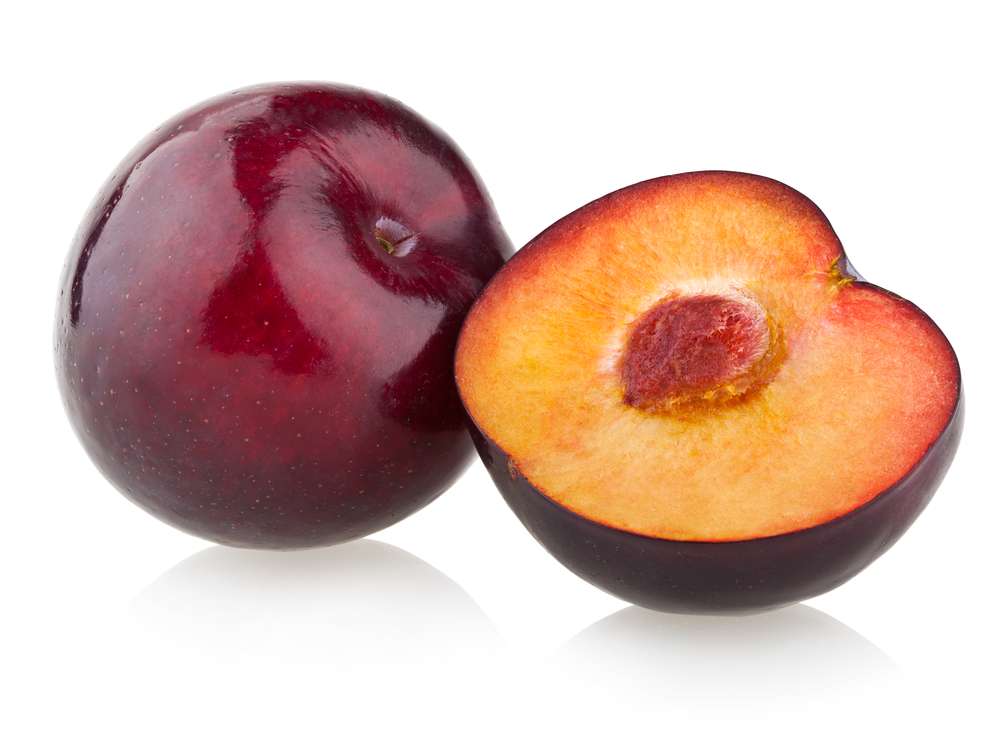
Plums belong to the ‘stone fruit’ family which includes apricots, peaches, mangoes, etc. A stone fruit is a fleshy fruit with a hard pit that contains a single seed.
They are very nutritious, as they are loaded with lots of nutrients. They are an excellent source of vitamins (C, A, and K), minerals, calcium, fiber, magnesium, folate, and antioxidants.
Plums contain 87% water content.
4. Cucumber
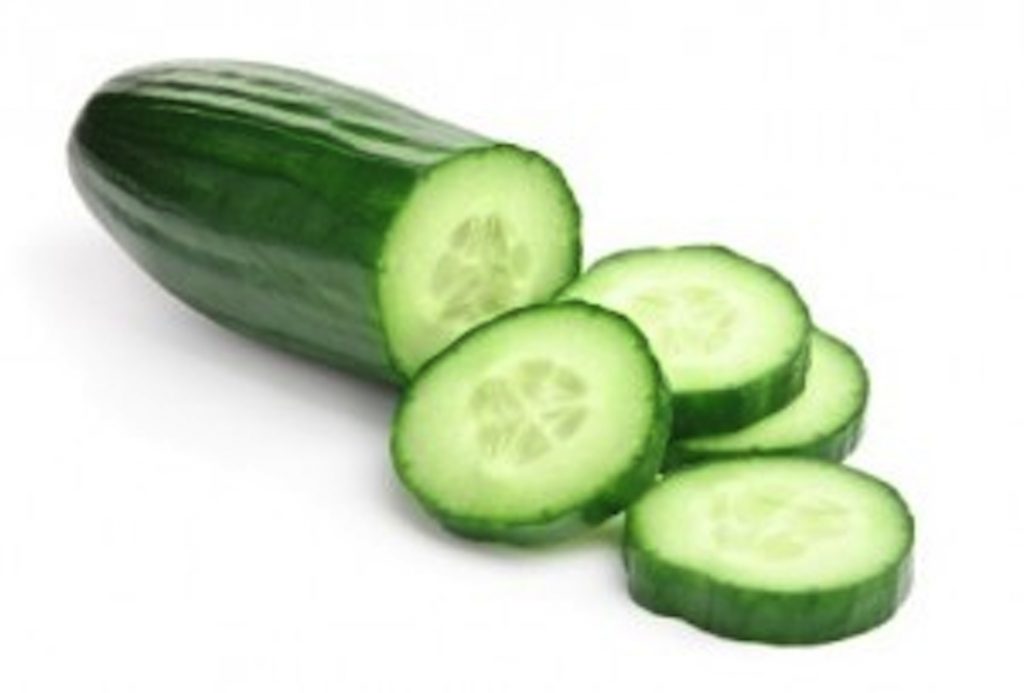
The cucumber belongs to the Cucurbitaceae family, or the ‘Gourd’ family, which has over 800 species, including watermelon, pumpkins, and melon.
They are one of the most nutritious fruits, containing nutrients like copper, phosphorus, Vitamin C, Vitamin B1, magnesium, potassium, etc. One major benefit of cucumbers is relieving hydration, as they contain the highest water content of any fruit, at 97%.
5. Apple
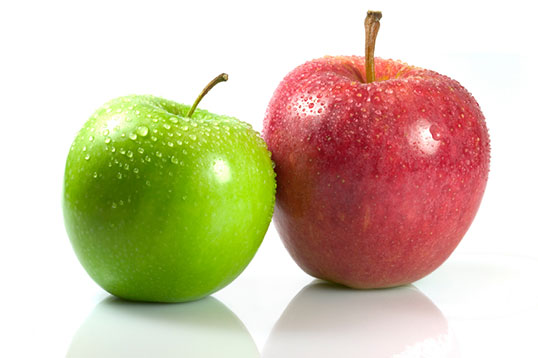
Apples belong to the Rosaceae family comprising strawberries, apricots, peaches, etc.
Remember the saying, ‘an apple a day keeps the doctor away’? That’s because they not only contain lots of health benefits, but they are also refreshing and satisfying.
They are low in calories and are a great source of vitamins, fiber, and antioxidants. They contain 85% water and are the perfect snack for staying hydrated.
6. Pear
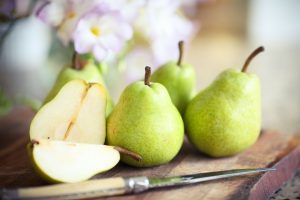
Pear also belongs to the rosaceous family, making it a close cousin of the apple. They are low in calories but high in soluble fiber and water, which helps you feel full.
It is also known for its hydrating water content, which is about 84%.
7. Grape

Yet another hydrating fruit is grapes. Grapes, which comprise about 82% of water, are very nutritious and have loads of benefits. Like other fruits, they are excellent for hydration.
8. Lemon

Lemons are a citrus fruit with a high source of vitamin C. They also contain calcium, potassium, fiber, calories, and vitamin B6.
Need some hydration? Lemons contain 89% water, hence drinking lemon water is a great choice for providing a high dose of vitamin C and some levels of hydration.
9. Kiwi
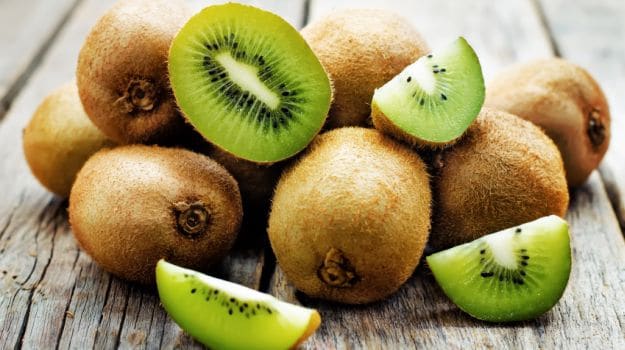
Kiwi also known as the Chinese Gooseberry, originates from the Actinidiaceae family, native to Asia but also grown in countries like France, Greece, Spain, etc.
They are extremely high in immune-boosting nutrients like vitamins C, E, K, and folate, as well as carotenoids, fiber, and minerals. They are also a great source of antioxidants.
Kiwi have a high water content (over 90%) and are considered a low-glycemic index food.
10. Tangerine

Tangerines are another nutrient- and water-rich food. Containing 85% water, they are an excellent source of hydration.
Ramadan Kareem to our beloved Muslim readers.





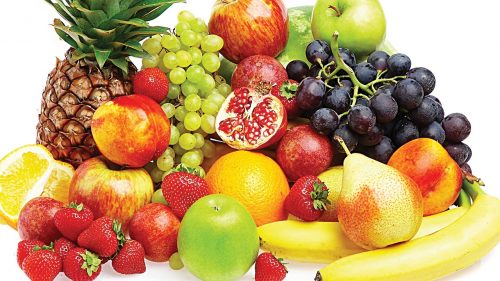












Leave a Reply